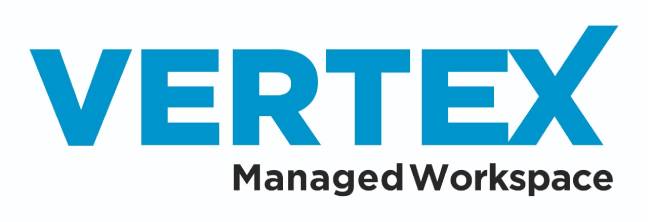The world of work is constantly evolving, and as we step into 2023, we find ourselves at the forefront of numerous transformative workplace trends in India. The convergence of technology, shifting demographics, and evolving work preferences has given rise to a new era of work dynamics. In this blog, we will explore some of the most prominent modern workplace trends shaping the Indian business landscape.
Hybrid Work Models Take Center Stage
The COVID-19 pandemic ushered in a new era of remote work, and its impact on the traditional office setup has been profound. In 2023, hybrid work models are becoming the norm, with employees splitting their time between remote and in-office work. This trend reflects a shift towards a more flexible work environment, promoting a better work-life balance while maintaining collaboration and team dynamics.
Emphasis on Employee Well-being
Organizations are recognizing the importance of employee well-being like never before. Mental health support, wellness programs, and flexible work arrangements are gaining traction as companies prioritize their employees’ physical, emotional, and mental health. Providing resources for stress management, mindfulness, and work-life integration is becoming essential for maintaining a productive and engaged workforce.
Reskilling and Upskilling for the Future
The rapid advancement of technology is reshaping industries and job roles at an unprecedented pace. To remain competitive, companies are investing heavily in reskilling and upskilling programs for their employees. Continuous learning and development opportunities are crucial to ensure that the workforce is equipped with the skills needed to navigate the evolving business landscape.
Remote Work Technology and Infrastructure
As remote work continues to be a significant part of the modern workplace, there is a heightened focus on remote work technology and infrastructure. This includes investing in secure communication tools, collaborative platforms, and efficient project management systems that facilitate seamless remote work experiences while maintaining data security.
Diversity, Equity, and Inclusion (DEI)
DEI is gaining prominence as a critical workplace trend in India. Companies are increasingly acknowledging the value of diverse perspectives and inclusive practices. Initiatives aimed at fostering a culture of equality, addressing unconscious biases, and providing equal growth opportunities are becoming central to organizational strategies.
Agile and Outcome-Oriented Work Approaches
Traditional hierarchical structures are giving way to more agile and outcome-oriented work approaches. Performance is being evaluated based on results rather than hours clocked in the office. This trend empowers employees to take ownership of their work and encourages innovation and creativity.
Gig Economy and Freelancing
The gig economy is on the rise in India, with more professionals opting for freelancing and independent work arrangements. This trend offers flexibility for both workers and organizations, allowing for specialized skills to be tapped into on a project basis. Companies are adapting to leverage this agile workforce for specific tasks and projects.
Sustainability and Corporate Social Responsibility (CSR)
Sustainability and CSR initiatives are becoming integral parts of the workplace ethos. Employees are placing a higher value on working for organizations that align with their values and contribute positively to society and the environment. Companies are responding by incorporating sustainable practices into their operations and highlighting their social responsibility efforts.
The modern workplace in India is undergoing a remarkable transformation in 2023, driven by technology, changing workforce dynamics, and evolving societal expectations. Hybrid work models, employee well-being, continuous learning, and diversity and inclusion are just a few of the trends reshaping the Indian business landscape. Embracing these trends can lead to enhanced productivity, improved employee satisfaction, and a competitive edge in the ever-evolving global economy. As we navigate these trends, both employers and employees must remain adaptable and open to change in order to thrive in the new world of work.






